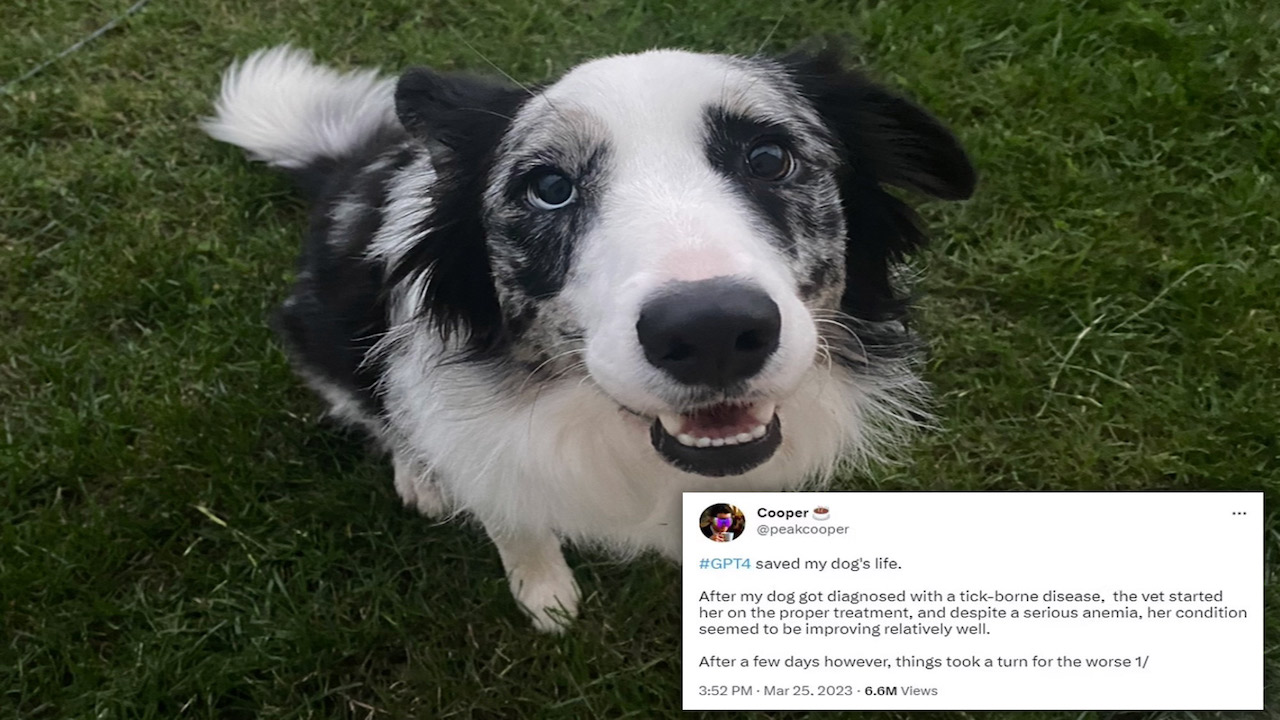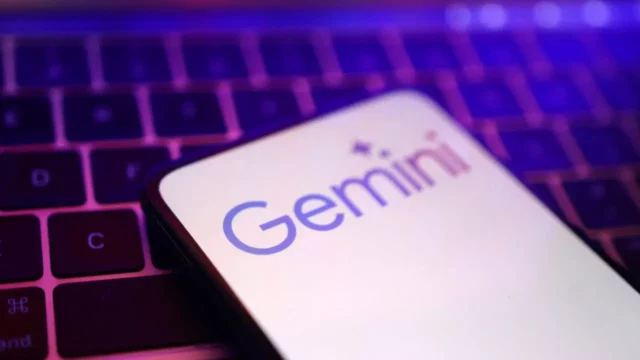A Twitter user, Cooper, recently shared his experience with OpenAI’s ChatGPT Plus, a GPT-4 powered AI with medical diagnostic capabilities. He claimed that the AI’s medical insight helped save his dog Sassy, a border collie, after a veterinarian failed to identify her worsening condition.
GPT-4’s Role in Medical Diagnosis
Initially, Sassy was diagnosed with a tick-borne disease and treated, but her health deteriorated. The veterinarian was unable to determine the underlying issue, which prompted Cooper to seek help from GPT-4. He provided the AI with a detailed account of Sassy’s symptoms, treatments, and blood work results.
Although the information provided was analyzed by GPT-4, which is not a veterinarian, it suggested several possible issues. One of the conditions it mentioned was immune-mediated hemolytic anemia (IMHA). Armed with this information, Cooper sought a second opinion from another vet who eventually confirmed the IMHA diagnosis. This led to a successful treatment for Sassy, validating GPT-4’s medical insights.
The Growing Impact of AI in Healthcare
The story of Cooper and Sassy sheds light on the expanding role of AI in healthcare and diagnostics. As AI models like GPT-4 continue to evolve, they offer increasingly accurate and insightful support to medical professionals, helping them diagnose and treat complex cases.
GPT-4, OpenAI’s latest AI model, boasts increased creativity and reduced bias compared to its predecessors. Its potential applications extend across various fields, including medicine and diagnostics. Cooper’s experience highlights the value of AI as a supplementary tool for professionals, assisting them in making informed decisions.
However, it is crucial to emphasize that AI should be used in conjunction with professional expertise rather than as a standalone solution. As AI technology advances, AI will likely increasingly support various industries, including healthcare.













